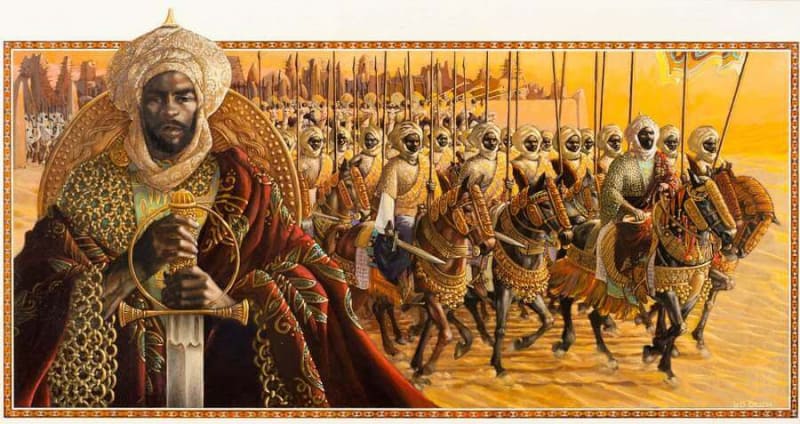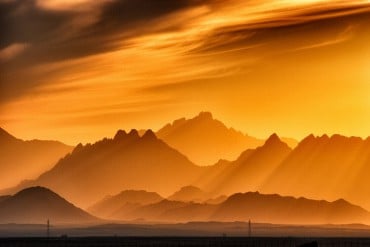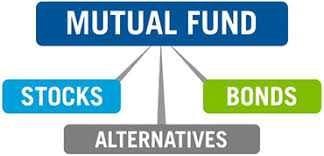
It is always an intriguing question. Here is what Traders-Paradise found.
By Gorica Gligorijevic
Some of you may think that Bill Gates is the richest person ever lived. Well, he is one of the richest today with $77.8 billion. Also, there was much fanfare when Amazon boss Jeff Bezos was marked as the wealthiest person ever lived with his $105.1 billion fortune. But it is a small part of what some other man held.
That title is assumed to go to Mansa Musa. Who is Mansa Musa?
He was a West African ruler with wealth valued at $400 billion. This isn’t a fairytale and you will see why.
“Contemporary accounts of Musa’s wealth are so breathless that it’s almost impossible to get a sense of just how wealthy and powerful he truly was,” Rudolph Butch Ware, associate professor of history at the University of California, said the BBC.
And Jacob Davidson wrote about the African king for Money.com in 2015 Musa was “richer than anyone could describe”.
Do you know who were the greatest stock traders of all time
Why Mansa Musa is the richest person that ever lived?
His wealth is estimated at $400bn, but historians admit that his wealth is difficult to pin down to a number. That’s how huge it was.
Mansa Musa was born in 1280 in a family of rulers. His brother, Mansa Abu-Bakr, ruled the empire until 1312 when he abdicated and went on an expedition with a fleet of 2,000 ships and never returned.
Mansa Musa inherited the kingdom of Mali. He was an impressive ruler.
The kingdom of Mali was from the Atlantic Ocean to Niger, with parts of Senegal, Ivory Coast, Mauritania, Mali, Niger, the Gambia, Guinea-Bissau, Burkina Faso, Guinea covering almost 2,000 miles. That large landmass gave great resources, for example, gold and salt.
According to the British Museum, under Mansa Musa ruling, Mali possessed almost half of the Old World’s gold. And everything belonged to the king.
“As the ruler, Mansa Musa had almost unlimited access to the most highly valued source of wealth in the medieval world,” said Kathleen Bickford Berzock, who specializes in African art at the Block Museum of Art at Northwestern University, to the BBC.
“Major trading centers that traded in gold and other goods were also in his territory, and he garnered wealth from this trade,” she figured.
The empire of Mali had so much gold that Musa was the world’s greatest gold producer and seller.
Who was Mansa Musa?
To meet one of the five pillars of Islam, Mansa Musa made a pilgrimage to Mecca. This adventure cost huge amounts of cash. This “Lord of the Mines of Wangara” had to travel stylish and luxurious. The 60,000 big caravans had 1,000 helpers, 100 camels with gold packages, countless musicians for Musa to enjoy, and more than 500 slaves.
Mansa Musa came back from Mecca bringing several Islamic teachers. Among them were direct descendants of the prophet Muhammad, for example, and an Andalusian poet and architect, Abu Es Haq es Saheli, who designed the famous Djinguereber mosque. Musa allegedly paid the poet 200 kg in gold. Counted today, it is about $8.2 million.
Besides his legacy, Musa’s property is estimated to be worth an inconceivable amount, to around $400 billion. According to Time magazine: “There’s really no way to put an accurate number on his wealth.”
Some believe that Mansa Musa’s unbelievable fortune may have been somewhat overstated. Nevermind, he is still the richest person that ever lived.
Don’t tell to the Rothschild Family.





